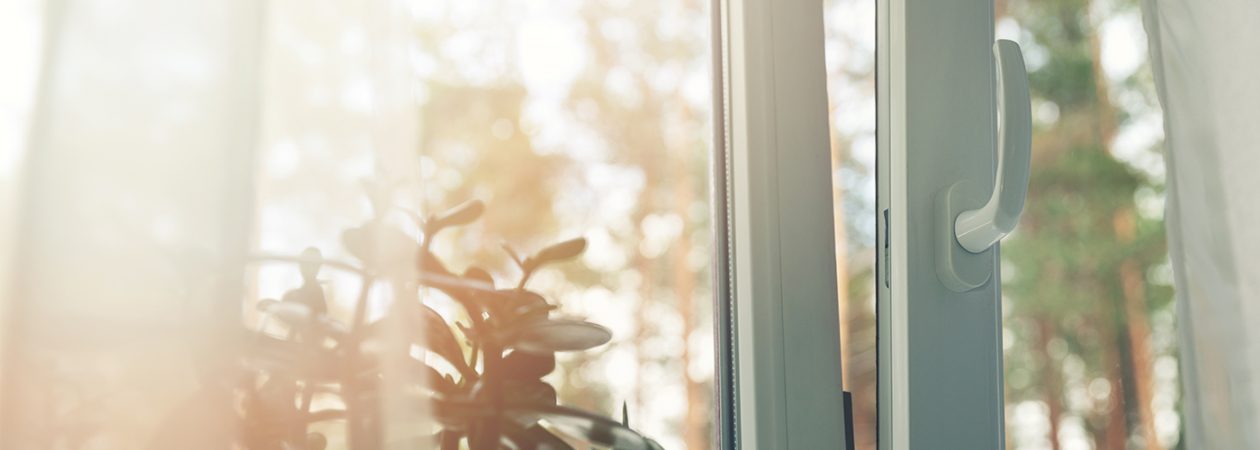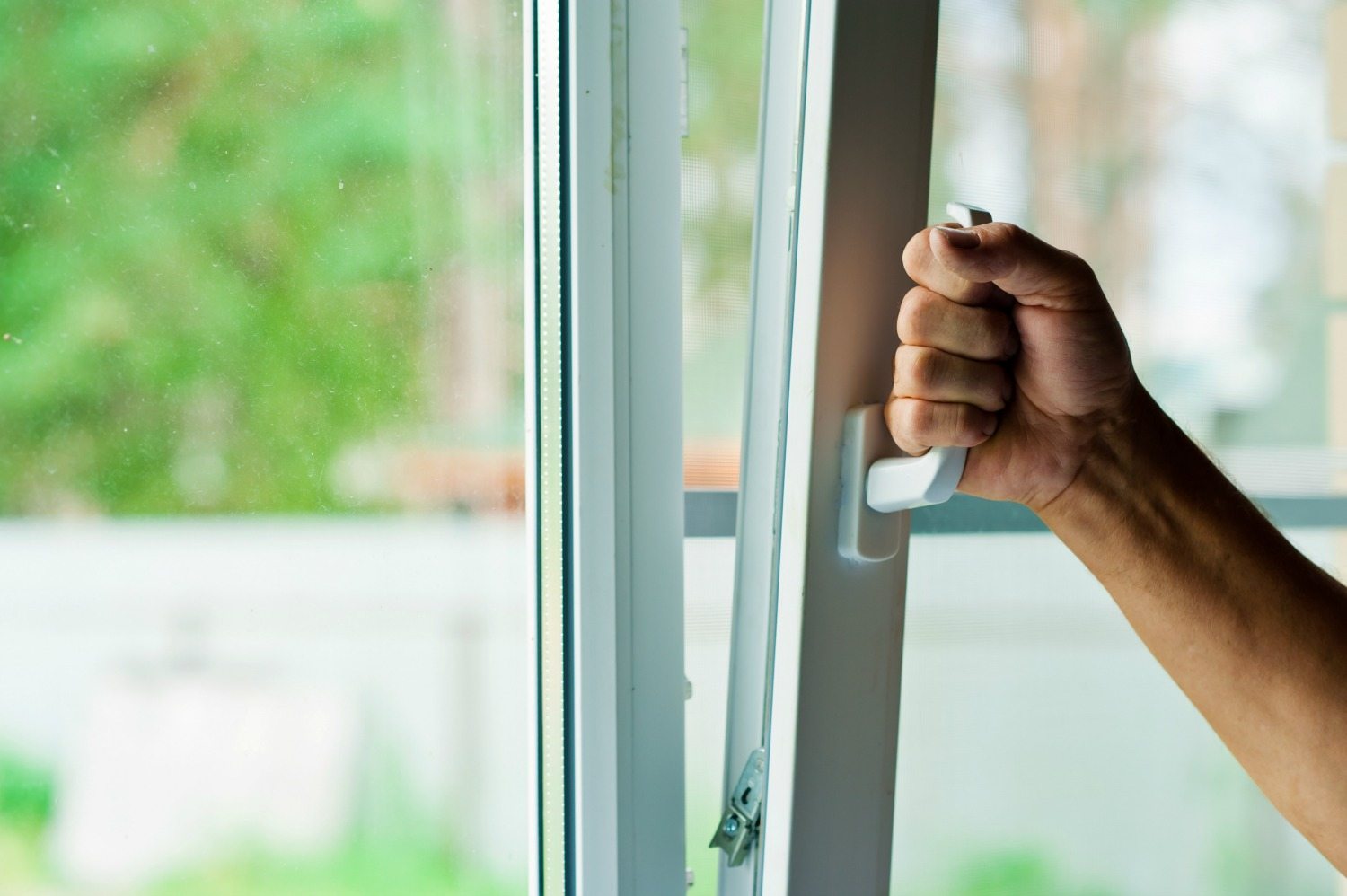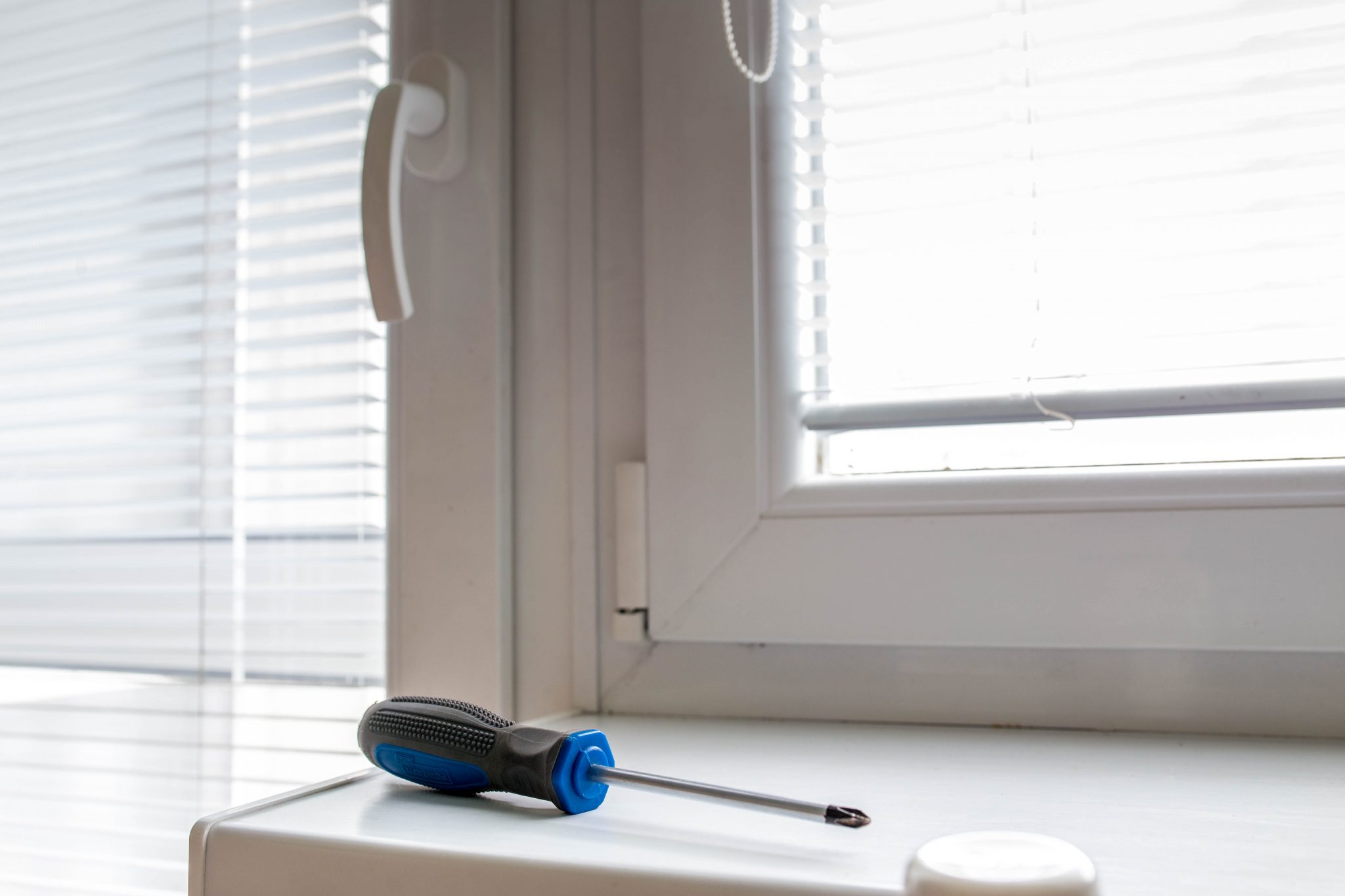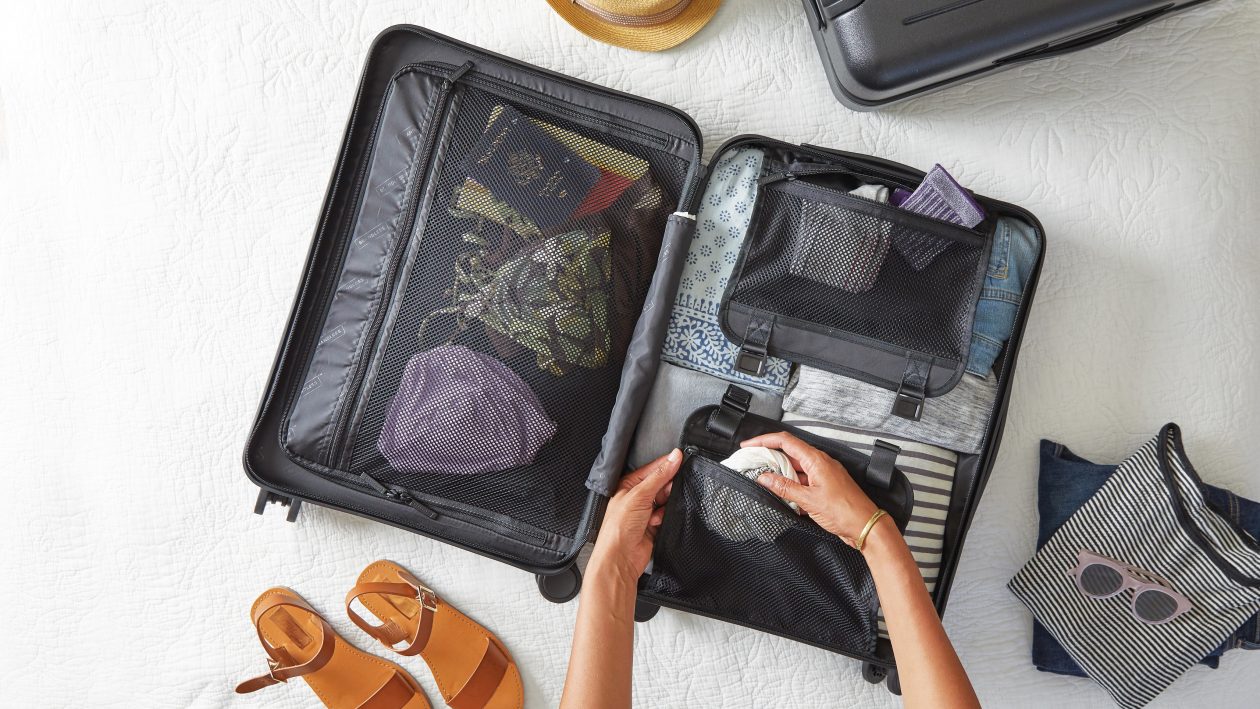Double glazing comes with a whole hoard of benefits that you’ve probably already heard about. From preventing heat escaping your home and reducing your energy bills to blocking out noise pollution and adding extra security to your property — double glazing your windows simply makes sense.
But how does adding a second pane of glass to your window provide so many benefits? If you’ve ever wondered how double glazing works — or want to get to grips with the science behind it before you invest — you’re in the right place.
What exactly is double glazing?
Double-glazed windows consist of two panes of glass. These panes are separated either with a layer of normal air or — for further efficiency — with a layer of argon gas. The panes are then sealed to keep the gas contained.
This gap stays in place due to a spacer bar, which is usually made from aluminium. For those really looking for peak efficiency, spacer bars can also be made from plastic with low heat conductivity properties. Using energy-saving glass also helps to reduce heat loss, although it will bring up the cost of installation.
Triple-glazed windows follow this same concept, using three panes rather than two. Triple glazing traps in more heat than double-glazed windows, however, only those in very cold countries like Norway will see the benefit.
How do double glazed windows work?

Double glazing is specifically designed to hold many benefits over single glazing (one pane of glass and no layer of air).
Air is a poor heat conductor and trapping it between two glass panes means that this air is then unable to circulate. Therefore, not only does heat have to escape through two panes of glass and a layer of air, but convection in the trapped air is prevented. The result? Greatly reduced levels of heat loss.
Argon gas has around a 34% lower thermal conductivity level than air, meaning when this is used between the panes it’s even harder for heat to escape through double-glazed windows.
What else do double glazed windows do?
While their heat efficiency is a huge selling point, this isn’t all that double glazed windows are good for. Double glazed windows are also a great way to keep sound out.
When a soundwave reaches a single-window pane it will vibrate the glass and subsequently the air behind it. Double glazing combats this by adding an extra layer of air and glass.
If you’re still experiencing a lot of noise pollution — even with double glazing — chances are you’re suffering from badly fitted windows. Having this repaired will ensure there are no gaps in your window frame, greatly reducing noise levels. For those who live on busy roads or in the city centre, this is highly beneficial.
Double glazing can even help those who are suffering from mould or damp problems by reducing condensation on the inside of your windows. Condensation occurs when warm air (with high water content) hits the cold glass, so having two layers of glass will help to reduce this as the inner pane should be consistently warmer.
Double glazing also heightens security for your property. Having two panes of glass to break through makes your home much harder to access than single glazing. Burglars tend to look out for cheaper, less secure looking windows, meaning the addition of double glazing can help to be a deterrent.
What can stop double glazing from working properly?
When a double or tripled-glazed pane breaks it can quickly become cloudy, steam up, or form moisture in between the panes. Aside from ruining your home’s aesthetic, this also means that the benefits of the double glazing become redundant. Therefore, it’s important to repair failed double-glazing as soon as you notice it, in order to continue to keep your energy bills low and the temperature high!
To help make this as easy as possible, at Cloudy2Clear we offer free consultations and quotes for all double glazing repairs. All you need to do is get in touch with our double glazing experts and you’ll be well on your way to receiving a personalised quote.
If your issue is with anything other than double glazing, that’s not a problem either. We offer repairs for faulty handles, broken windows and other common problems. See our full range of services to learn more.






